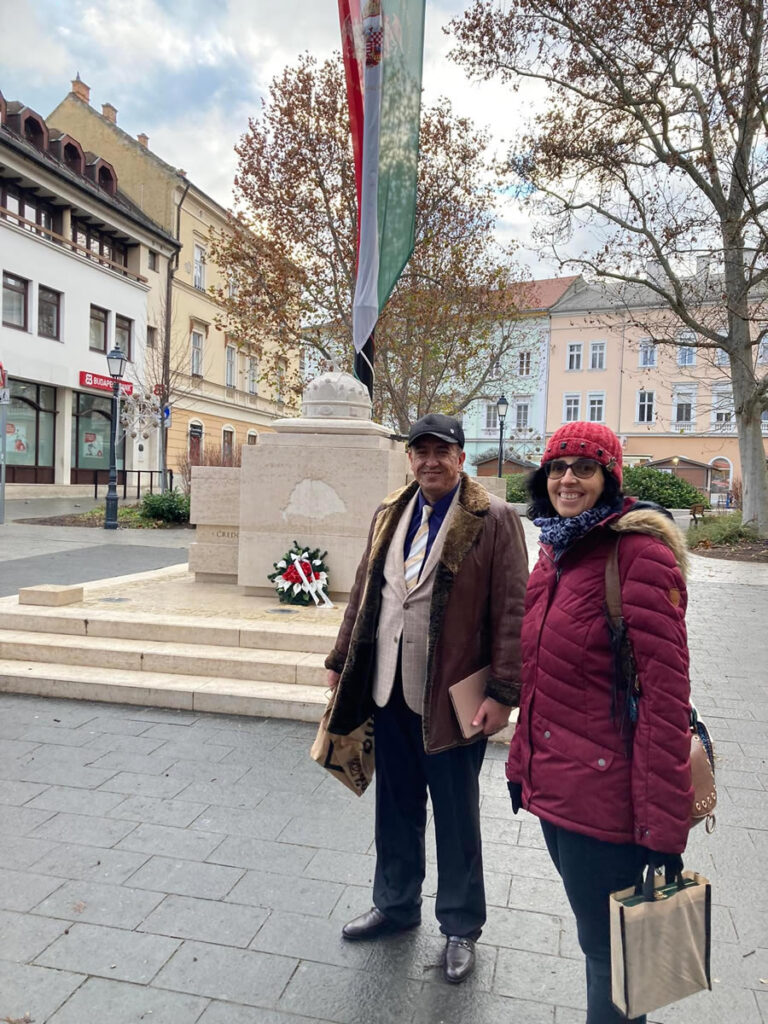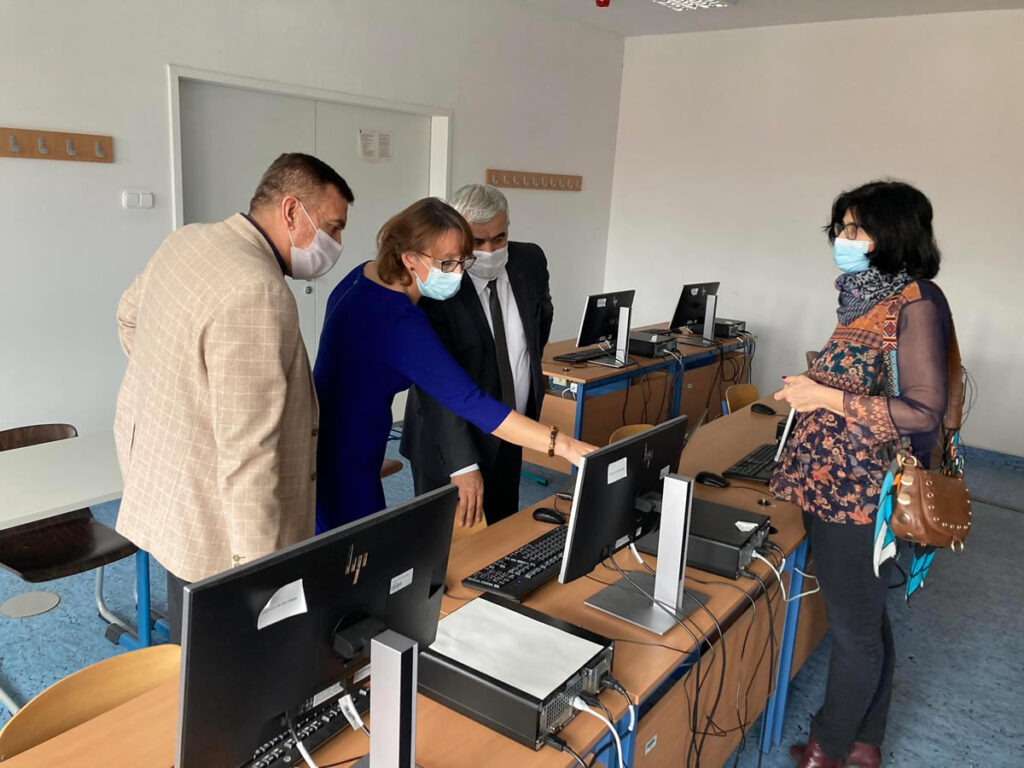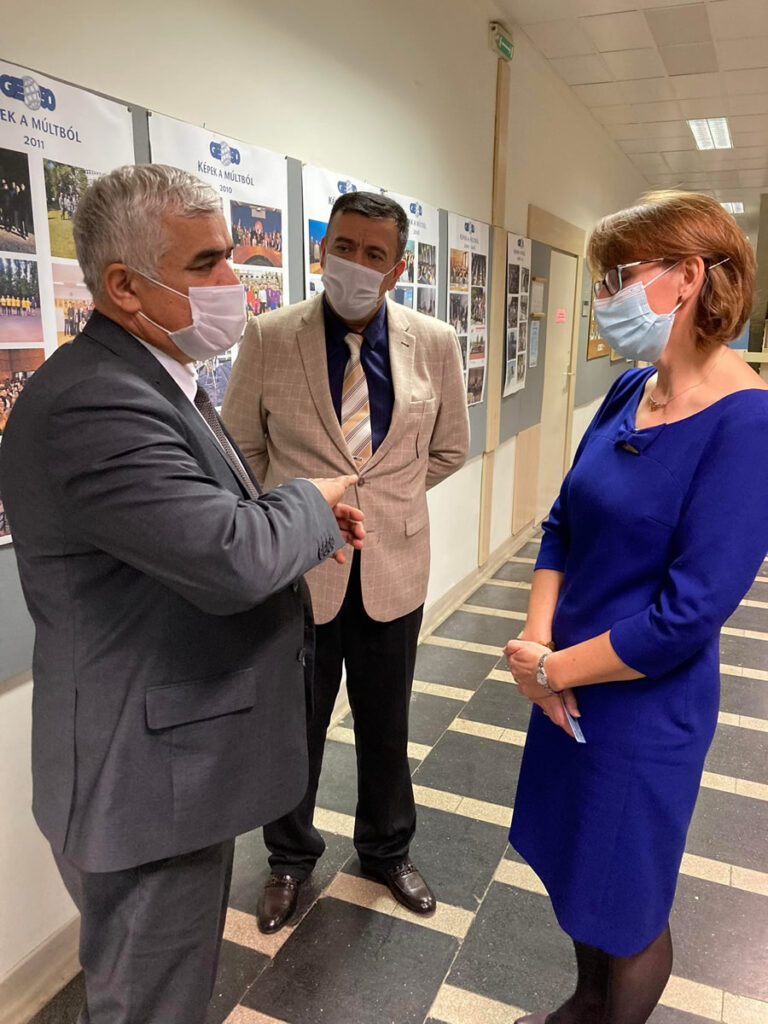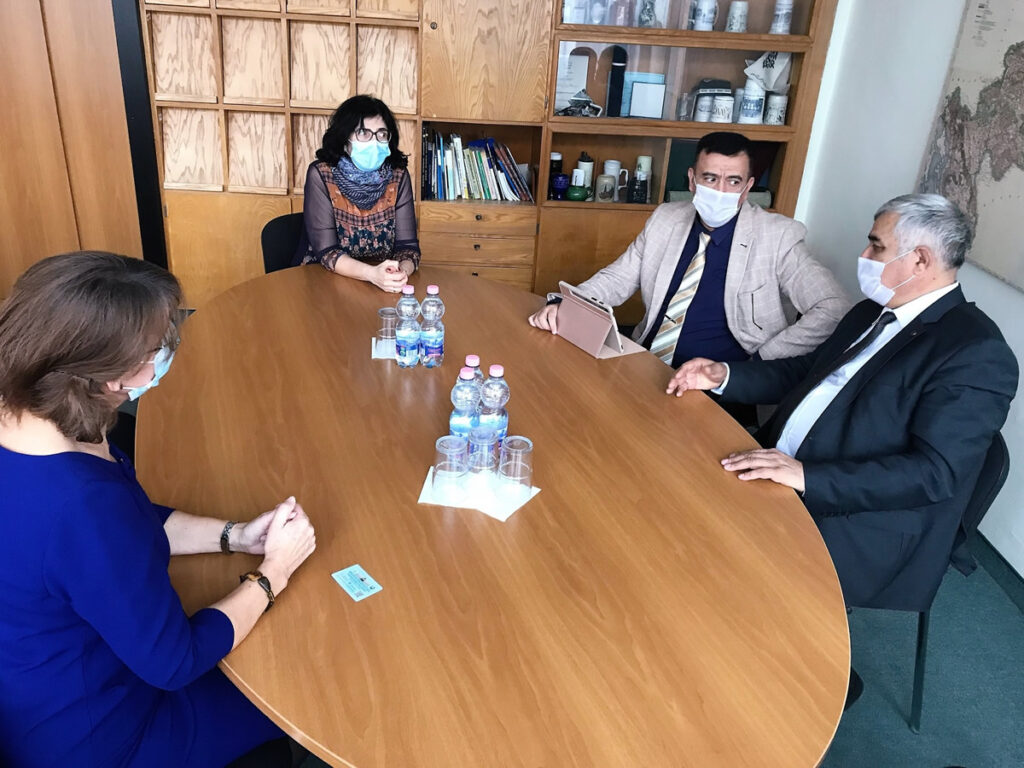Strengthening international relations at the AMK

Strengthening international relations is a key objective of Óbuda University. One of the priority target areas is Central Asia, one of the fastest growing regions in the world economy.
Our guests from our strategic partner university, the TIIAME Institute in Bukhara, Uzbekistan, Prof. Dr. Imomov Shavkat Jahonovich, Rector, and Dr. Kodir Sabirov, Head of International Relations Department, discussed with the University of Óbuda about participation in joint mobility programmes, the organisation of joint innovation programmes, the organisation of BSc courses in English, the organisation of internships for Uzbek students, and the joint, shared PhD thesis management.
Among the targeted joint research areas, the potential application of geospatial information technology and remote sensing in agriculture was mentioned. One of the priority research topics is soil degradation, i.e. the continuous deterioration of soil fertility, which is a growing problem in Uzbekistan. The deterioration of soil structure and unfavourable hydrological properties is one of the causes, e.g. the formation of a compact “pad-clay” layer on the surface and/or below the surface, cemented layers. This factor limiting water infiltration into the soil is a very serious problem in the Buhara region. According to the Rector, the thickness of the sealing layer is increasing by almost 1 cm per year. This problem is not unknown in Hungary. In addition to assessing soil degradation by remote sensing and field measurements, the aim of the planned joint research is to develop indicators (indicators) that can be used to characterise the quality of soil problems.




